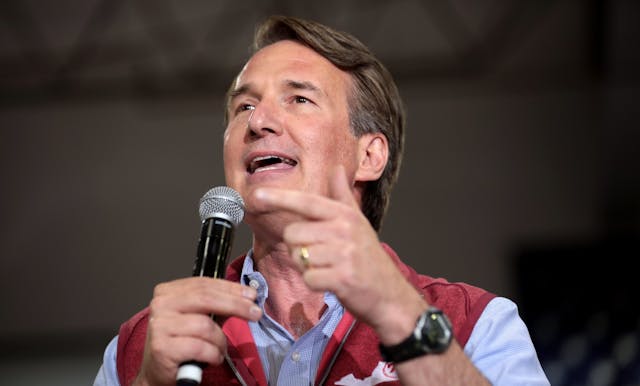Authors of California Fracking Law Strike Unprecedented Middle Ground

 Credit: Calin Tatu / Shutterstock.com
Credit: Calin Tatu / Shutterstock.com
On the night of September 20, California Governor Jerry Brown signed Senate Bill 4, the state's first move toward comprehensive regulation of hydraulic fracturing -- or fracking. The new law does not let fracking go unregulated, but it does not place a moratorium on the practice.
Fracking is the process of injecting fluids under high pressure to crack underground shale rocks and release oil or gas within the rocks for extraction. There are potential risks of contaminating ground water, increasing air pollution, and mishandling of waste.
Senator Fran Pavley, one of the lead authors, explained key points in SB 4:
"One of the main concerns was that the public should know what chemicals are being pumped into the ground. In this bill, the public will know what chemicals are being used.""They'll have a list of the chemicals, they'll know where a well is fracking, there will be notifications for surrounding property owners. This allows the public to monitor and gain insight on fracking. And as I've said with the oil companies; if this practice is being done safely, they need to prove it to the public."
Sen. Pavley and principal co-author Assemblymember Adam Gray struck a compromise that left some within both the oil industry and environmental movement unsatisfied. Admittedly, it is not a perfect bill, but the lawmakers believe that it sets forth a practical way to handle fracking in the state.
Gray explains why the support and passage of the bill is important:
"This is a highly controversial issue in the country. It receives a great deal of attention and there's been a great deal of disagreement on how to move forward on fracking. To move this bill and strike a compromise that got a two-thirds from both houses of the legislature and the support of the governor, it's a pretty exceptional moment. That doesn't happen a great deal on controversial issues."
A crucial part of the bill is an independent, peer-reviewed study on several aspects of fracking practices. Section 3160(a) of the law outlines specific objectives of the scientific study which evaluates the potential hazards and risks posed to natural resources and the environment in the fracking and acid treatment process.
The study will be ready within a year, no later than January 1, 2015. Sen. Pavley assures that while oil companies will fund the study, it will remain independent. The bottom line for Sen. Pavley is that "we need to know more."
Groups like the Western States Petroleum Association (WSPA) remain opposed to the law, but understand the need for comprehensive and balanced regulations. The president of WSPA, Catherine Reheis-Boyd, stated:
"We are concerned the bill could make it difficult for California to reap the enormous benefits offered by development of the Monterey Shale formation in the San Joaquin Valley – benefits that include thousands of new jobs, increased tax revenues and higher incomes for residents of one of the poorest regions in the nation."
Gray, in particular, had a large stake in the outcome of the bill. He represents the Central Valley where farming and agriculture is the backbone of their economy and clean ground water is essential. He also stated that his Assembly district has high unemployment and states, "if there is a way to go about fracking in a responsible manner that can provide economic growth, we want to put a structure in place that can do that."
In a previous article on IVN by author David Vincent, he stated that the overall political discourse on fracking dismisses a practical approach to the practice. Like many issues in the dialogue, fracking is polarizing, but he stated:
"Few of the pundits seem to indicate that there in fact exists a clear middle ground. Establishing a fully effective system of safeguards for hydraulic fracturing to protect our health while still allowing fracking and natural gas exploration can allow for access to energy from sources cleaner than coal."
As explained by Gray, lawmakers involved with SB 4 had to pull both sides of the issue together to create a law that "steers towards a middle course with some industry unopposed, some environmental support but not everybody." In the world of politics, it is near impossible to please everyone, but it should not be the objective of policymaking. California lawmakers recognized this and created a reasonable legislation.
(Senate Bill 4, the new California fracking law, can be read here.)



